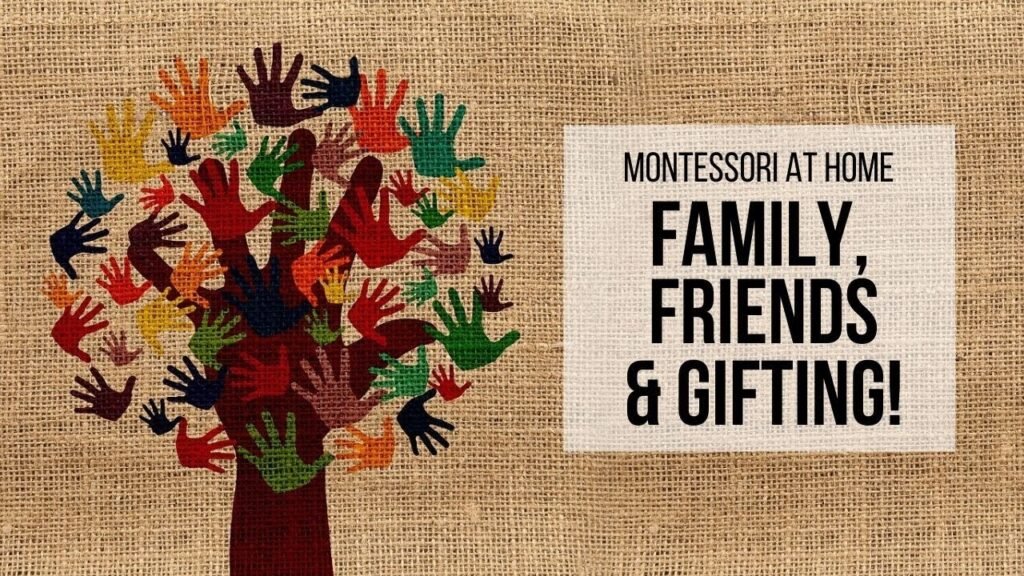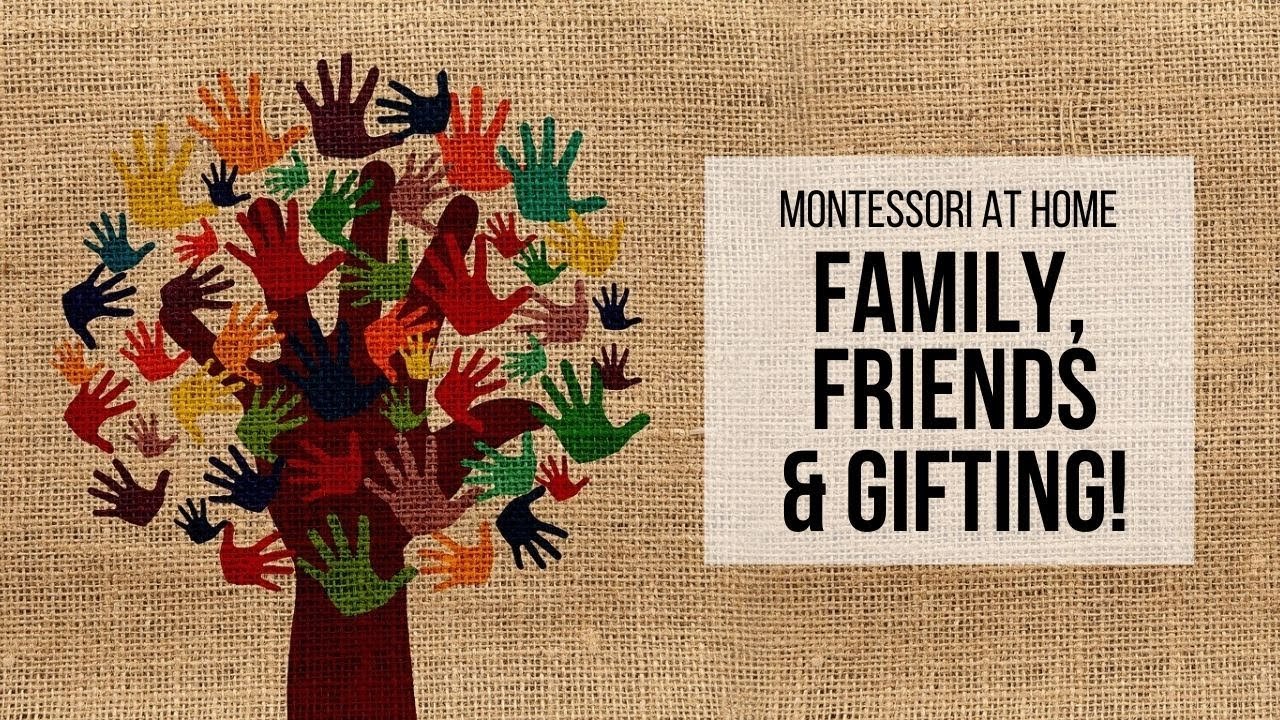It’s important to get partners, in-laws, and grandparents involved in Montessori at home for the well-being of your child. Montessori parenting is gaining recognition, but implementing these practices can be challenging when facing resistance from family and friends. Modeling Montessori practices for others to observe and understand, offering curated wish lists for potential gift givers, and managing non-Montessori gifts with gratitude are just a few strategies to navigate this journey effectively.
As a parent committed to Montessori at home, you are the primary influencer in your child’s life. Remember that children are adaptable and resilient, able to learn different rules in different environments. While handling differing parenting philosophies can be frustrating, it’s essential to focus on your relationship with your child and model appreciation in all interactions. Embracing the journey of Montessori at home with grace and flexibility will ultimately benefit your child’s development and well-being.

Strategies for Getting Partners Involved
When it comes to implementing Montessori practices at home, getting your partner involved can be crucial for consistency and support. It’s essential to model Montessori practices yourself to show the benefits and effectiveness of this approach. Starting small and communicating effectively with your partner about your goals and vision for Montessori at home can make the transition smoother. Creating a shared vision for Montessori at home will help align both of your parenting styles and expectations, making it easier to implement these practices together.
Tips for Involving In-Laws in Montessori at Home
Educating your in-laws about Montessori principles is key to getting them on board with your parenting style. Setting boundaries and expectations early on can help in-laws understand the importance of consistency in your approach. Encouraging their participation in Montessori activities can also help them feel more involved and connected to your child’s development.
Engaging Grandparents in Montessori Practices
Sharing success stories and the benefits of Montessori practices with grandparents can help them understand the positive impact it can have on your child. Involving grandparents in daily routines and activities can deepen their connection with your child and create a shared understanding of the importance of consistency in the Montessori approach.
Managing Non-Montessori Gifts for Children
Expressing gratitude for thoughtful gifts, even if they are not aligned with Montessori values, is essential. Educating gift givers on your Montessori preferences can help them make more informed choices when selecting gifts for your child. Suggesting alternative gift ideas that are in line with Montessori principles can also guide gift givers towards more suitable options.
Utilizing Wish Lists for Montessori-Aligned Gifts
Creating and sharing Montessori gift lists with family and friends can make it easier for them to choose gifts that align with your parenting style. Encouraging family and friends to refer to the wish list when selecting gifts can ensure that your child receives items that support Montessori practices. Updating wish lists with your child’s current interests can provide gift givers with personalized and meaningful options.
Handling Non-Montessori Gifts After Receiving
Deciding whether to keep, exchange, or donate non-Montessori gifts requires thoughtful consideration. Appreciating the thought behind the gift, regardless of its alignment with Montessori values, is crucial for maintaining positive relationships with gift givers. Maintaining a positive attitude towards non-Montessori items can help foster understanding and respect among family and friends.
Implementing Montessori Practices at Home with Children
Creating a prepared environment at home that supports independence and exploration is fundamental to implementing Montessori practices. Encouraging your child to engage in activities that promote self-directed learning and using Montessori materials can enhance their cognitive and physical development.
Educational Resources for Montessori Parenting
Exploring books, websites, and courses that focus on Montessori principles can deepen your understanding of this approach to parenting. Engaging with online communities and forums can provide support and advice from other parents practicing Montessori at home. Consulting Montessori educators or experts for guidance can offer personalized and expert insight into implementing Montessori practices effectively.
Navigating Challenges with Family and Friends
Open communication and respectful discussions are essential when navigating challenges with family and friends who may not fully understand or support your Montessori choices. Finding common ground and seeking compromises can help maintain harmonious relationships while staying firm in your Montessori values. Being understanding of others’ perspectives while advocating for Montessori principles can create a supportive environment for your child’s growth and development.
Conclusion
Consistency in implementing Montessori practices at home is crucial for your child’s development and well-being. Appreciating the support and involvement of partners, in-laws, and grandparents can strengthen family relationships and create a unified approach to parenting. Continuously educating and advocating for Montessori principles within your family can foster a positive and enriching environment for your child’s growth and learning journey.

